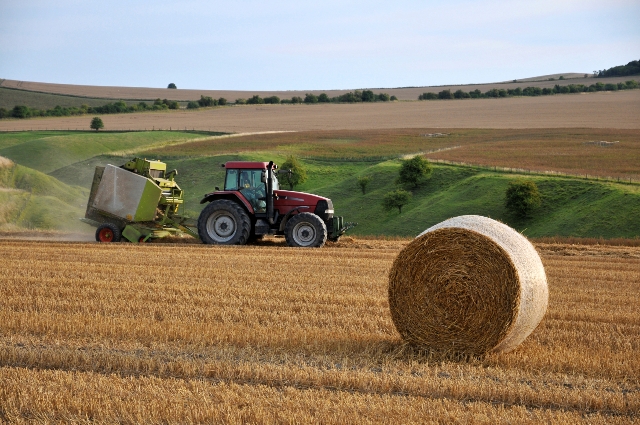
Divorces in farming families can throw up a number of complex issues. Provided below is an eight point action plan.
1.Seek advice early on – so much more can often be achieved if advice is sought at an early stage. Arrange to meet with a solicitor and get information and advice from them early on. The meeting will be confidential and will often prove invaluable in terms of allaying fears. Solicitors, such as ourselves, will very often offer a first half hour free.
2.Consider a post-nup – break-ups can arise through disagreements over money or farm management. A lot of these issues can be resolved through a frank discussion about expectations and what might happen on a divorce. A good number of couples take this further and document arrangements in a post-nuptial agreement.
3.Time any separation right – where property is owned in joint names, great care needs to be taken as to when a couple separate prior to any divorce. Get it wrong and there could be significant tax consequences.
4.Make an early start on compiling the paperwork – farming divorces will often generate much paperwork. This can involve plans, agreements, accounts, deeds, bank statements and much more besides. The more complete and organised this information is, the more efficient the case will tend to be. It is important to get advice though about what information belonging to someone else you are allowed to access.
5.Assemble the right team – it can be important to get the right personnel together at an early stage. Thought needs to be given as to who that ought to be, such as a land agent, farm consultant, accountant and independent financial adviser etc.
6.Consider your Will – many seek to change their Will on separation to ensure their children’s entitlements are protected. Consideration needs to be given as to whether jointly owned properties are held as joint tenants or tenants in common. If your spouse is a beneficiary under your will this Will also change when the divorce is concluded.
7.Understand what is owned and how is it owned – land can be held in sole names or joint names, by limited companies, family partnerships, in trust or through a combination of several of these. Understanding the ‘web’ of ownership can be critical to resolving a case quickly.
8.Get a mobile and a computer/tablet if you don’t already have one –divorce can be fast moving and it is therefore key that quick communication is possible!
